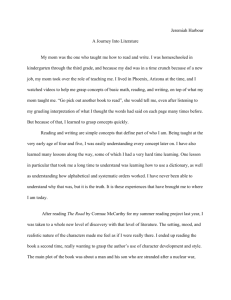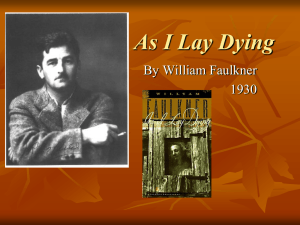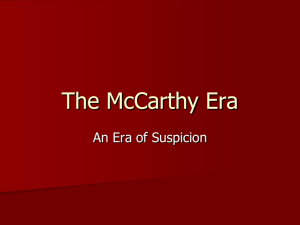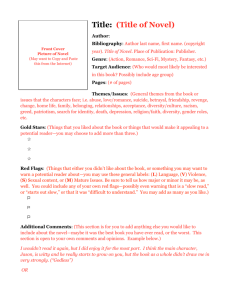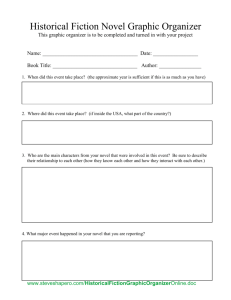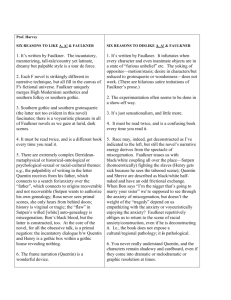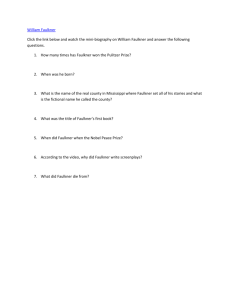NeilCampbell-Beastingsreview
advertisement
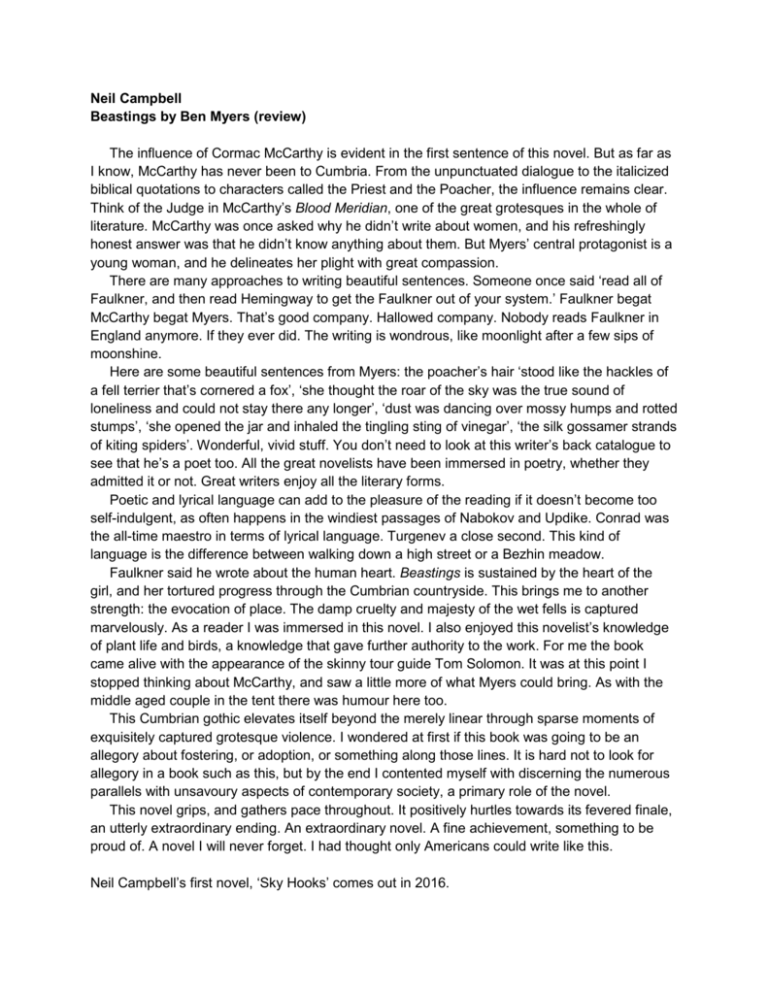
Neil Campbell Beastings by Ben Myers (review) The influence of Cormac McCarthy is evident in the first sentence of this novel. But as far as I know, McCarthy has never been to Cumbria. From the unpunctuated dialogue to the italicized biblical quotations to characters called the Priest and the Poacher, the influence remains clear. Think of the Judge in McCarthy’s Blood Meridian, one of the great grotesques in the whole of literature. McCarthy was once asked why he didn’t write about women, and his refreshingly honest answer was that he didn’t know anything about them. But Myers’ central protagonist is a young woman, and he delineates her plight with great compassion. There are many approaches to writing beautiful sentences. Someone once said ‘read all of Faulkner, and then read Hemingway to get the Faulkner out of your system.’ Faulkner begat McCarthy begat Myers. That’s good company. Hallowed company. Nobody reads Faulkner in England anymore. If they ever did. The writing is wondrous, like moonlight after a few sips of moonshine. Here are some beautiful sentences from Myers: the poacher’s hair ‘stood like the hackles of a fell terrier that’s cornered a fox’, ‘she thought the roar of the sky was the true sound of loneliness and could not stay there any longer’, ‘dust was dancing over mossy humps and rotted stumps’, ‘she opened the jar and inhaled the tingling sting of vinegar’, ‘the silk gossamer strands of kiting spiders’. Wonderful, vivid stuff. You don’t need to look at this writer’s back catalogue to see that he’s a poet too. All the great novelists have been immersed in poetry, whether they admitted it or not. Great writers enjoy all the literary forms. Poetic and lyrical language can add to the pleasure of the reading if it doesn’t become too self-indulgent, as often happens in the windiest passages of Nabokov and Updike. Conrad was the all-time maestro in terms of lyrical language. Turgenev a close second. This kind of language is the difference between walking down a high street or a Bezhin meadow. Faulkner said he wrote about the human heart. Beastings is sustained by the heart of the girl, and her tortured progress through the Cumbrian countryside. This brings me to another strength: the evocation of place. The damp cruelty and majesty of the wet fells is captured marvelously. As a reader I was immersed in this novel. I also enjoyed this novelist’s knowledge of plant life and birds, a knowledge that gave further authority to the work. For me the book came alive with the appearance of the skinny tour guide Tom Solomon. It was at this point I stopped thinking about McCarthy, and saw a little more of what Myers could bring. As with the middle aged couple in the tent there was humour here too. This Cumbrian gothic elevates itself beyond the merely linear through sparse moments of exquisitely captured grotesque violence. I wondered at first if this book was going to be an allegory about fostering, or adoption, or something along those lines. It is hard not to look for allegory in a book such as this, but by the end I contented myself with discerning the numerous parallels with unsavoury aspects of contemporary society, a primary role of the novel. This novel grips, and gathers pace throughout. It positively hurtles towards its fevered finale, an utterly extraordinary ending. An extraordinary novel. A fine achievement, something to be proud of. A novel I will never forget. I had thought only Americans could write like this. Neil Campbell’s first novel, ‘Sky Hooks’ comes out in 2016.
